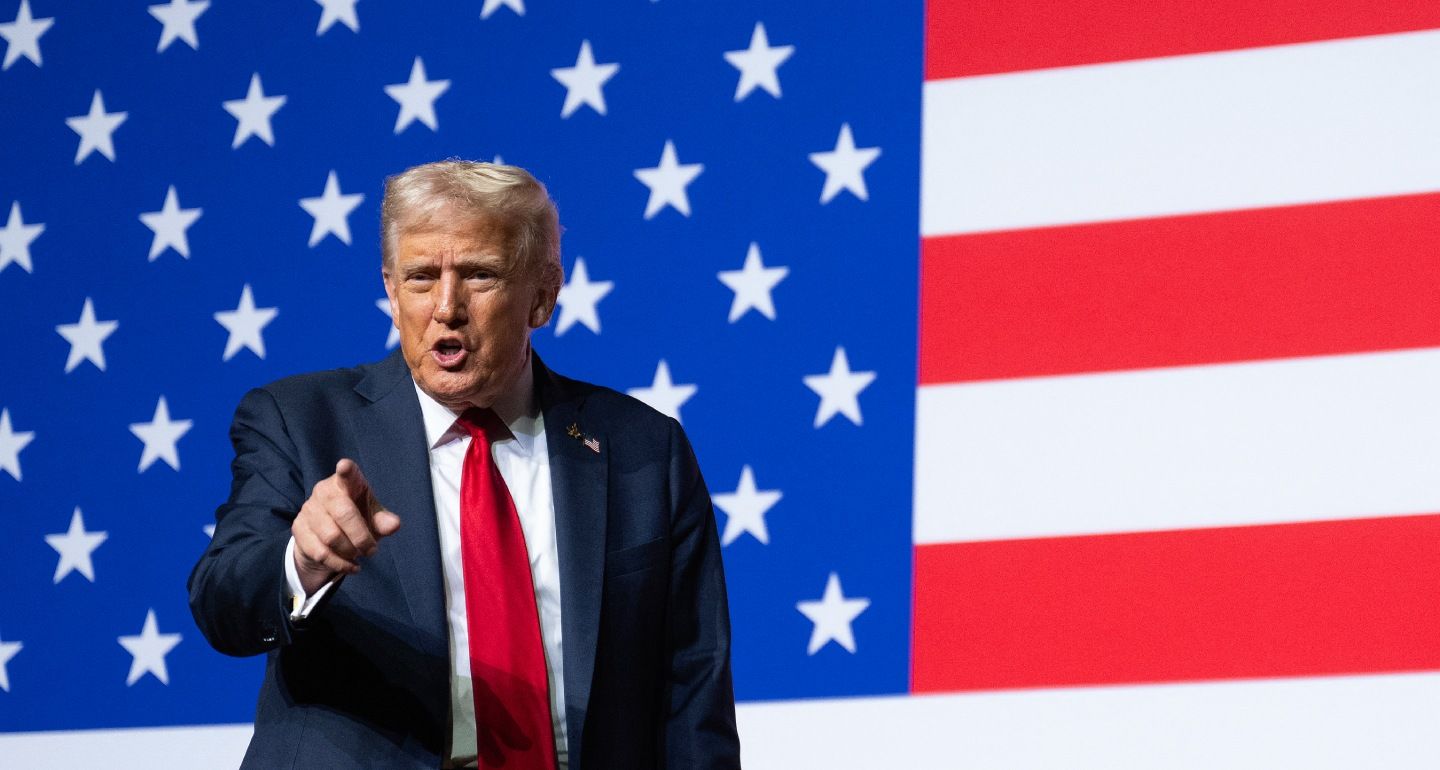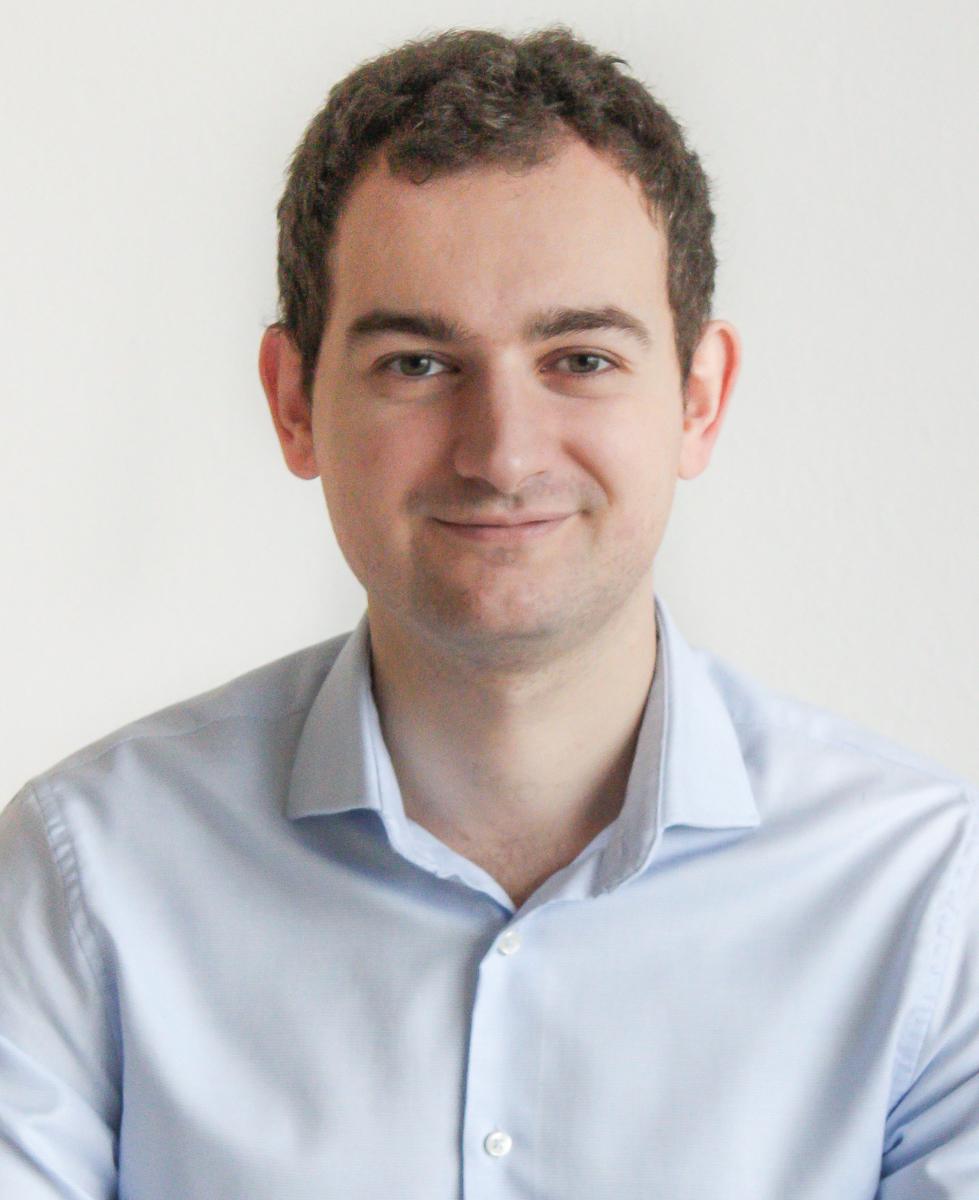Having failed to build a team that he can fully trust or establish strong state institutions, Mirziyoyev has become reliant on his family.
Galiya Ibragimova
{
"authors": [
"Andrey Pertsev"
],
"type": "commentary",
"blog": "Carnegie Politika",
"centerAffiliationAll": "",
"centers": [
"Carnegie Endowment for International Peace",
"Carnegie Russia Eurasia Center"
],
"englishNewsletterAll": "",
"nonEnglishNewsletterAll": "",
"primaryCenter": "Carnegie Russia Eurasia Center",
"programAffiliation": "",
"programs": [],
"projects": [],
"regions": [
"Russia",
"United States"
],
"topics": [
"Domestic Politics",
"Foreign Policy",
"Global Governance"
]
}
Source: Getty
The main audience for all these proposals from the Russian elite is not in fact Trump, but Putin, who still seeks a landmark agreement with Washington.
Russian President Vladimir Putin is clearly in no rush to spoil his relationship with his U.S. counterpart Donald Trump, despite occasional criticism from the latter. Putin went out of his way to compliment Trump several times in October, and members of Putin’s inner circle have not been far behind, offering Trump various “deals” (from cooperation in space to joint projects in the Arctic), and lavishing praise on the murdered U.S. right-wing activist Charlie Kirk, whom Trump considers a martyr.
Somewhat unexpectedly, Bishop Tikhon (Shevkunov), whom many believe to be Putin’s confessor, has turned out to be particularly interested in the challenges facing American conservatism. He penned an article about Kirk, who, he claimed, “was courageous enough to go against the grain … in a period of post-truth, relativism, and militant liberalism.” Tikhon is well-versed in PR, and is known in the West as being close to Putin, which means the cleric knew his words (which were published just before Kirk’s funeral) might end up being relayed directly to Trump—where they would likely be met with approval.
Other influential figures close to Putin have been seeking a similar reaction from the U.S. leader. Kirill Dmitriev, head of the Russian Direct Investment Fund and a key interlocutor with the White House, posted multiple times about Kirk, promising that Russia would “cherish” his memory. Dmitriev also publicized Tikhon’s Kirk article, and another Kirk piece written by extreme nationalist philosopher Alexander Dugin (known to many in the West as “Putin’s ideologue.”)
For years, Dmitriev operated as an apolitical technocrat and expressed no obvious religious views, and his transformation into a champion of conservative values might seem unexpected—but only at a superficial level. Dmitriev, Tikhon, Dugin, and other members of the Russian elite are all simply striving to have a positive impact on the Trump-Putin relationship.
After all, if both Putin’s “confessor” and his “favorite philosopher” are admirers of Kirk, that strongly suggests Putin holds a similar view. Putin’s officials and associates are trying to push the idea that their boss shares a similar world outlook to Trump: that they both believe in “conservative values,” oppose the Democratic Party, and mourn Kirk. In other words, they want Trump to believe there is mileage in continuing a dialogue with Putin.
Another tactic that members of the Russian elite have used to highlight shared Russian-U.S. interests has been offering dozens of different “deals” to Trump. Since the start of negotiations between Putin and Trump over Ukraine, Dmitriev has been talking publicly about the possibility of a U.S.-Russia tie-up when it comes to rare earth metals, as well as cooperation in the Arctic. Recently, he even suggested constructing a tunnel under the Bering Strait as a direct connection between the United States and Russia.
The idea of a joint U.S.-Russian solution to the “challenges accumulating in the Arctic” is also something that has been mentioned by the former secretary of Russia’s Security Council, Nikolai Patrushev—previously one of the most hawkish members of the Russian elite, who has lashed out at the West on many occasions.
Back when Trump was friends with Elon Musk, both Dmitriev and Putin’s press secretary, Dmitry Peskov, were full of praise for the U.S. billionaire. And the head of Russian space agency Roscosmos, Dmitry Bakanov, said he had talked about possible cooperation with both Musk and NASA (and even went to Washington for discussions). Much—if not all—of this was the result of Trump being known to be very interested in space projects.
Of course, the Russian establishment has also been eager to ape Trump by criticizing the Democrats and former president Joe Biden. Commenting on a White House claim that Trump was uniquely deserving of the Nobel Peace Prize, Dmitriev posted: “World needs peace and security. Biden’s mistakes need to be corrected.”
How members of the Russian elite decide to engage in this sort of signaling is no secret: Putin’s inner circle keeps abreast of Trump’s speeches and flags the topics that appear to be of particular interest to the U.S. leader. If, for example, Trump starts regularly mentioning rare earth metals, then a Russian proposal for a rare earth metals “deal” will be quickly forthcoming.
However, the main audience for all these proposals from the Russian elite is not in fact Trump, but Putin, who still seeks a landmark agreement with Washington. It’s been clear to most people for some time that the Putin-Trump summit in Alaska did not yield any results, while the agenda for their next meeting in Budapest remains so vague that it may well be cancelled altogether, but the Kremlin continues to hold out hope.
When Russian Deputy Foreign Minister Sergei Ryabkov said—unwisely—on October 8 that the “impulse” given to U.S.-Russia negotiations by the Alaska meeting had run its course, Dmitriev, Peskov, presidential aide Yuri Ushakov, and Putin himself all spoke out to contradict him. According to the Kremlin, Trump still has the “political will” to continue peace negotiations over Ukraine.
Although Trump has stepped up criticism of Putin (he has stating he is “very disappointed” with the Russian leader, and calling Russia a “paper tiger”), he also continues to respond positively to overtures from Moscow. Particularly illustrative was his reaction to Putin saying Trump has “genuinely done much to resolve complex crises that have persisted for years, if not decades” when asked about the possibility of the U.S. leader getting the Nobel Peace Prize. In response, Trump a clip of Putin with the comment: “Thank you to President Putin!”
This is exactly the sort of response those in Putin’s inner circle would like to elicit from Trump. They are trying to get on Trump’s radar in order to help align him with Putin’s agenda—and, in this way, prove their usefulness to the Kremlin.
Nevertheless, it’s ultimately unlikely that all these efforts to bring Trump onside will achieve anything. His short attention span means he tends to jump from one issue to another, and neither Russian proposals for a “deal” nor shared conservative values have been able to eclipse his desire to be acknowledged as the leader who ended the Ukraine war. More likely than not, Putin will eventually cool on Trump. And when that happens, the Russian elite will also stop trying to find ways to please the U.S. leader. After all, for them the most important task has always been—and always will be—to anticipate Putin’s current mood.
Carnegie does not take institutional positions on public policy issues; the views represented herein are those of the author(s) and do not necessarily reflect the views of Carnegie, its staff, or its trustees.
Having failed to build a team that he can fully trust or establish strong state institutions, Mirziyoyev has become reliant on his family.

Galiya Ibragimova
Insisting on Zelensky’s resignation is not just a personal vendetta, but a clear signal that the Kremlin would like to send to all its neighbors: even if you manage to put up some resistance, you will ultimately pay the price—including on a personal level.

Vladislav Gorin
For Putin, upgrading Russia’s nuclear forces was a secondary goal. The main aim was to gain an advantage over the West, including by strengthening the nuclear threat on all fronts. That made growth in missile arsenals and a new arms race inevitable.

Maxim Starchak
For a real example of political forces engaged in the militarization of society, the Russian leadership might consider looking closer to home.

James D.J. Brown
The risk posed by Lukashenko today looks very different to how it did in 2022. The threat of the Belarusian army entering the war appears increasingly illusory, while Ukraine’s ability to attack any point in Belarus with drones gives Kyiv confidence.

Artyom Shraibman